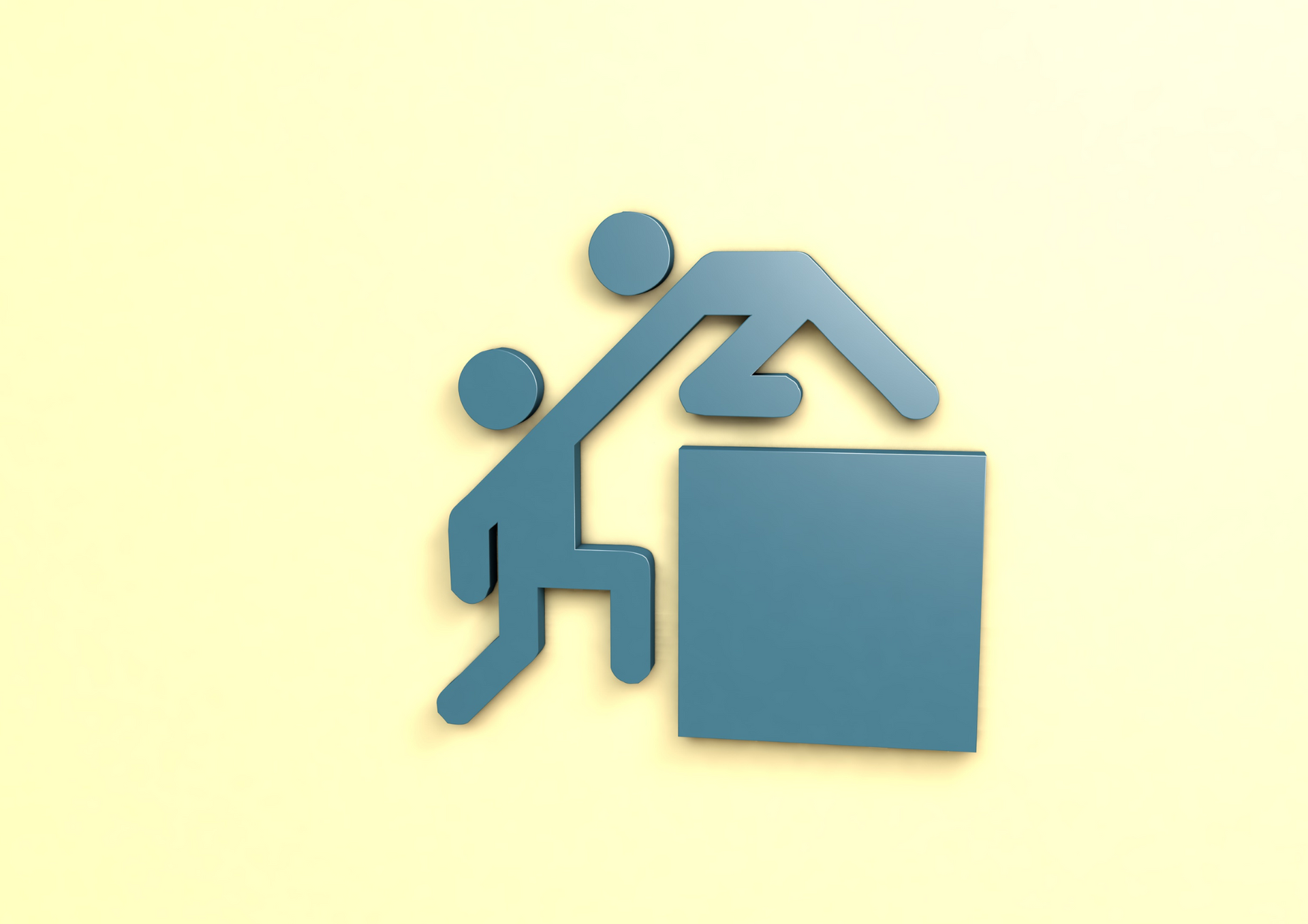How Simple Tunes Can Melt Away Your Stress Instantly!

Music has long been a powerful tool for influencing mood and emotional well-being. From ancient civilizations to modern societies, people have used music to celebrate, mourn, and everything in between.
In recent years, scientific research has increasingly validated what many have intuitively known: music can be a potent ally in combating stress. Here’s how music works its magic in alleviating stress and promoting mental health.
Physiological Impact of Music on Stress
When we listen to music, it can trigger a range of physiological responses that counteract the effects of stress. For instance, calming music has been shown to lower blood pressure, slow the heart rate, and reduce levels of cortisol, the body’s primary stress hormone.
These changes are part of the body's relaxation response, a state of restfulness that is the opposite of the stress response. By promoting relaxation, music helps to mitigate the physical symptoms of stress and can foster a sense of calm.
Psychological Effects of Music
Beyond the physiological benefits, music also has profound psychological effects. Listening to music can provide a mental distraction, which can help to shift focus away from stressors and negative thoughts.
This is particularly effective when engaging with music that one finds personally meaningful or enjoyable. Music can evoke positive emotions, memories, and a sense of nostalgia, which can further reduce feelings of stress and anxiety.
Music Therapy
Music therapy, a clinical and evidence-based use of music interventions, is specifically designed to accomplish individualized goals within a therapeutic relationship by a credentialed professional. Music therapists use various techniques, such as playing instruments, singing, or composing music, to help clients express themselves and process emotions.
This form of therapy has been particularly effective in treating stress-related conditions, including post-traumatic stress disorder (PTSD), anxiety disorders, and depression.
Active vs. Passive Engagement
There are two primary ways to engage with music: active and passive.
Passive engagement involves listening to music, which can be a simple yet effective way to reduce stress. Creating playlists of favourite songs, instrumental tracks, or nature sounds can provide an accessible means of relaxation.
Active engagement, on the other hand, involves participating in musical activities, such as playing an instrument, singing, or even dancing. Active participation can enhance the benefits of music by providing an outlet for emotional expression and physical release.
Personalization is Key
The effectiveness of music as a stress-relief tool often depends on personal preference. What works for one person may not work for another, as musical taste is highly individual.
For instance, some people might find classical music or jazz soothing, while others might prefer the rhythmic beats of electronic music or the melodies of pop songs. Identifying the types of music that resonate personally can maximize the stress-relieving benefits.
Incorporating Music into Daily Life
Integrating music into daily routines can be a practical and enjoyable way to manage stress.
Morning playlists can set a positive tone for the day, while calming music in the evening can aid in winding down and improving sleep quality. During work or study sessions, background music can enhance focus and productivity, provided it is not too distracting. For those who exercise, upbeat music can serve as a motivational boost, making physical activity more enjoyable and effective.
Conclusion
Music’s ability to combat stress lies in its capacity to affect both the mind and body. By lowering physiological markers of stress, providing psychological distraction and relief, and offering a means of emotional expression, music stands out as a versatile and accessible tool for stress management.
Whether through listening or active participation, incorporating music into daily life can significantly enhance overall well-being and resilience against stress.










